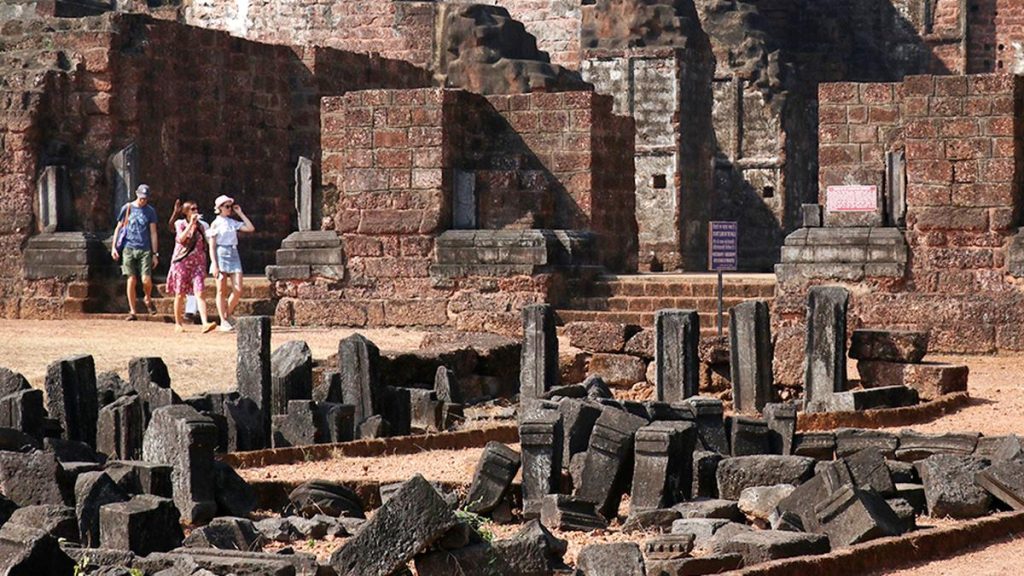Now Reading: Elephant Tramples Three to Death in Odisha
-
01
Elephant Tramples Three to Death in Odisha
Elephant Tramples Three to Death in Odisha

Quick Summary:
- Three people, including two women, were killed by a tusker in baghadharia village, Odisha’s Dhenkanal district on Thursday morning during an encounter near a pond.
- The victims were identified as Jhulana dehuri, Karunakar Dehuri, and Sashi Sahu; two died on the spot while one succumbed in hospital.
- Villagers blocked the National Highway connecting Cuttack and Sambalpur to protest the incident. A local forester was suspended following public outrage.
- odisha’s forest Minister expressed sorrow over the deaths and acknowledged villagers’ concerns regarding interaction of elephant movements despite efforts by trackers.
- Wild elephants have caused 10 fatalities since April 2025 in Odisha; between 2014-2025, elephant attacks lead to 1,209 deaths statewide.
- The Odisha government recently increased ex gratia compensation for wildlife attack-related deaths from ₹6 lakh to ₹10 lakh.
Indian Opinion Analysis:
The incident underscores ongoing human-elephant conflict as a critical issue in India. Dhenkanal district’s vulnerability highlights gaps in forest management and communication systems for monitoring wildlife movements. While the deployment of trackers shows initiative by authorities, effective coordination with villagers appears inadequate-a factor contributing to tragedies like these.moreover, rapid habitat degradation has intensified such conflicts across Odisha. Increased compensation reflects recognition of this growing problem but cannot replace proactive measures like better surveillance technology or habitat restoration that prioritize coexistence between humans and wildlife.
Addressing systemic weaknesses highlighted by repeated fatal incidents is vital for mitigating both loss of life and communal unrest seen through protests.For policymakers at state and national levels alike, urgent re-evaluation of conservation strategies can potentially reduce human-wildlife tensions sustainably.

























